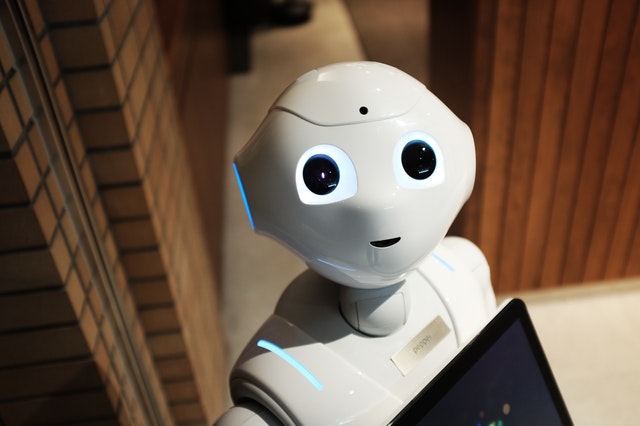Contents
Artificial Intelligence (AI) and Machine learning (ML) have been transforming our world for quite some time now. Whether you realize or accept it, AI and ML are everywhere- your home, smartphone, car, and any place you could think of. They have already become an integral part of our everyday lives. In today’s modern world, AI and ML-powered technologies have become the prime enabler that drives business outcomes of an enterprise or even how we, humans interact in a socio-economic environment.
But with all these technological advancements and progress, where should we draw the line? How can it determine what is good or right for an enterprise, a society, a community, or even an individual? What if an AI algorithm generates an unethical system that could put society in danger? This has led to the importance of the ethics of Artificial Intelligence and Machine Learning (AI and ML) principles, which define the guidelines around the technology automation principles that we adopt for our gains.
Why do we need ethical AI?
The current world is laden with technologies that are advancing every day. Businesses across the world are under constant pressure to outbid their competitors in this competitive world. Artificial Intelligence (AI) has slowly become the underlying accelerator for all these changes and has become a key area of investment for any corporation to compete in this rapid evolutionary space.
AI algorithms and AI-powered technologies have the ability to influence everything in our lives and shape our lives. It can influence our choices of TV shows, music, and all other things based on things we have watched or listened to in the past and making suggestions through smart TVs and social media platforms. The AI algorithm in your dating Apps is the one that decides your potential ‘perfect life-partner’. The more AI exerts its effects on our lives, the more we need Ethical AI. So, we should own and be accountable for creating, applying, and regulating AI ethically.
Ethical AI in today’s world
Ethics is an important aspect of human life. Anything that goes against one’s ethics is simply harmful and destructive. The same principle is also valid in the technical world. Creating an ethical AI is not just crucial, it is necessary. But one can never create an ethical AI unless the creation itself is ethical, and the developer/creator is maintaining the core human ethics in building the product. So, the individual responsible for creating such technology must determine what is the right result and for who it is right for. Because, in most scenarios, the created tech becomes the output of the creator’s opinions, values, and ethics. Thus, choosing non-ethical principles affects the quality of the end outcomes and certainly leads to a non-favorable impact on humans.
In order to achieve this, a clear thought-process and a well-directed approach are needed. Corporations that have understood the importance of ethical AI are laying technology principles built on a foundation of transparency, risk aversion, justice, inclusiveness, accountability, privacy, freedom, and ethical governance. This allows them to fulfill their business goals while respecting the ethical use of AI.
How can organizations create a successful strategy to support ethical AI?
-
Form diverse teams to address ethical issues
This is a crucial step for creating a strategy that will fully support AI ethics. Form diverse teams that will secure a sense of sensitivity towards any ethical issues that may arise. This will help you address and resolve the ethical issues right at the beginning.
-
Establish clear policies
Discuss with AI researchers and establish policies that will clearly lay out the respectable practices for the workforce as well as the AI applications themselves. This should be followed by the AI systems developing teams throughout the development of such applications.
In the upcoming days, we will see more sophisticated applications of Artificial Intelligence and Machine Learning (AI and ML) across industries. Realizing the importance of accountability and trust, an AI algorithm or AI-powered technology that is built responsibly on the principles of fairness, reliability, safety, privacy, and inclusiveness is the need of the hour. Thus, it is essential for organizations and individuals to grasp the significance of ethical AI in today’s world.
PC: https://pixabay.com/photos/artificial-intelligence-robot-ai-ki-2167835/

